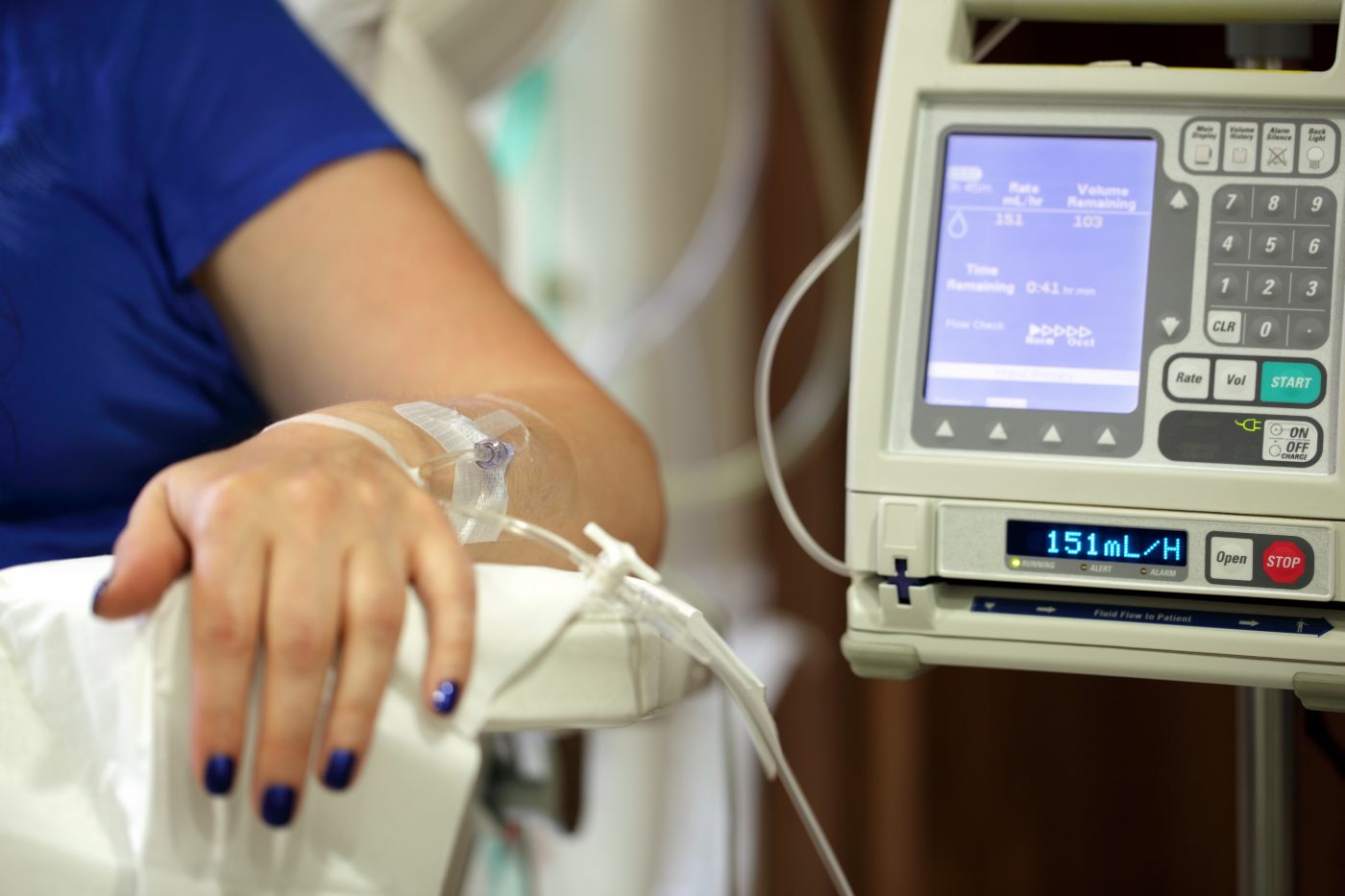This week the European Organization for Research and Treatment of Cancer (EORTC) whose mission it is to develop, conduct, coordinate, and stimulate translational and clinical research in Europe to improve the management of cancer and related problems by increasing both survival and patient quality of life, presented results from their H10 trial in which they investigated if the utilization of early positron emission tomography (PET) scan could be used to adapt treatment for patients with stages I/II Hodgkin lymphoma.
The presentation took place during the 13th International Conference on Malignant Lymphoma in Lugano, Switzerland, on 19 June 2015 and highlighted study findings showing that early FDG-PET (2-deoxy-2[F-18] fluoro-D-glucose positron emission tomography) adapted treatment improves the outcome of early FDG-PET-positive patients with stages I/II Hodgkin lymphoma.
EORTC’s trial was conducted in collaboration with both the Lymphoma Study Association (LSA) and Italy’s Fondazione Italiana Linfomi (FIL). It included 1,950 patients aged 15-70 years with previously untreated stage I/II supradiaphragmatic, classical Hodgkin Lymphoma being treated at 158 sites throughout France, Italy, The Netherlands, Belgium, Denmark, Croatia, Slovakia and Switzerland. The investigators studied patients’ clinical and quality of life outcomes to assess whether the decision to change treatment regimen due to a negative PET scan could lead to better survival outcomes.
The primary study findings showed that patients with stage I/II Hodgkin Lymphoma, who are still FDG-PET positive after two cycles of ABVD chemotherapy (standard treatment protocol and includes the drugs doxorubicin, bleomycin, vinblastine and darcarbacine), significantly benefit in terms of progression free survival from intensification to BEACOPPesc chemotherapy followed by involved-node radiotherapy compared to patients who continue standard ABVD chemotherapy followed by involved-node radiotherapy (5 year progression-free survival rates 91% versus 77%). Even though these numbers seem promising the trial could not demonstrate evidence that treatment with chemotherapy only is a better choice to the standard combined modality treatment in terms of progression free survival.
In an EORTC press release, Dr. John Raemaekers, MD. PhD, professor Radboud University Medical Center, Rijnstate Hospital Arnhem, The Netherlands, and EORTC principal study coordinator, stated “Even though the prognosis for patients with stage I/II HL is excellent if they are treated with the standard regimen of chemotherapy combined with radiotherapy, tumor control could still be improved for specific subgroups of patients, and late toxicity could be reduced for others. This trial, therefore, addressed two questions. First, can the outcome for early FDG-PET-positive patients with stages I/II Hodgkin lymphoma be improved by administering early intensification of chemotherapy? Second, can involved-node radiotherapy be omitted from the standard combined modality treatment in early PET-negative patients?”


